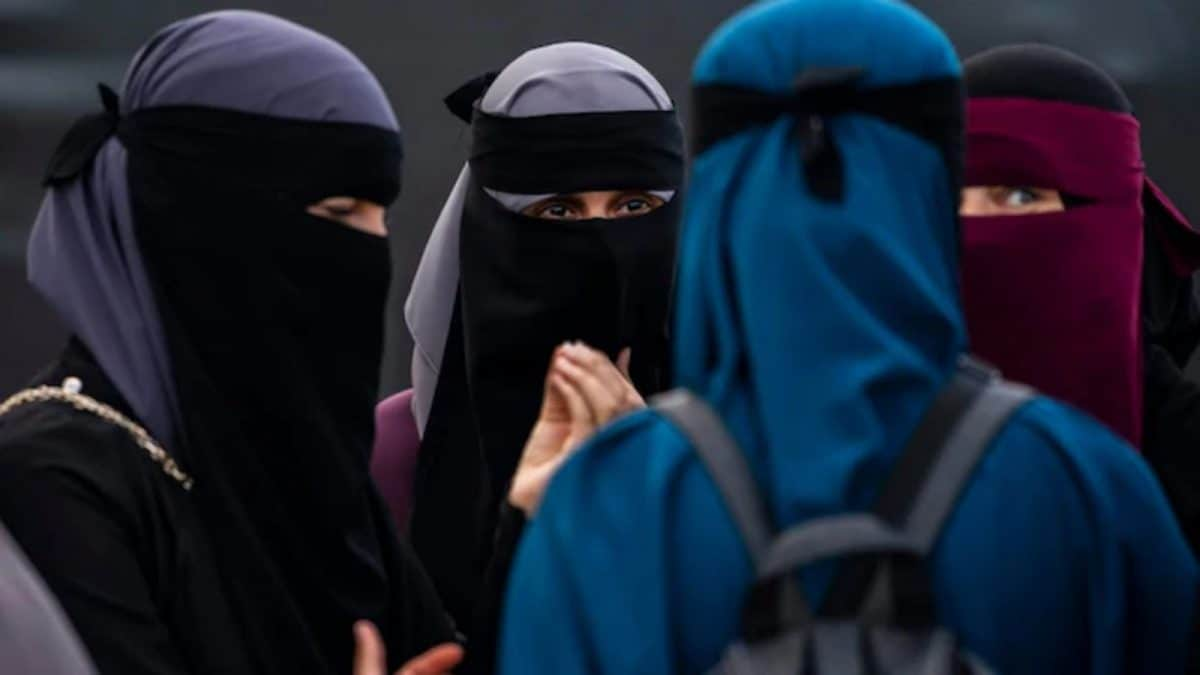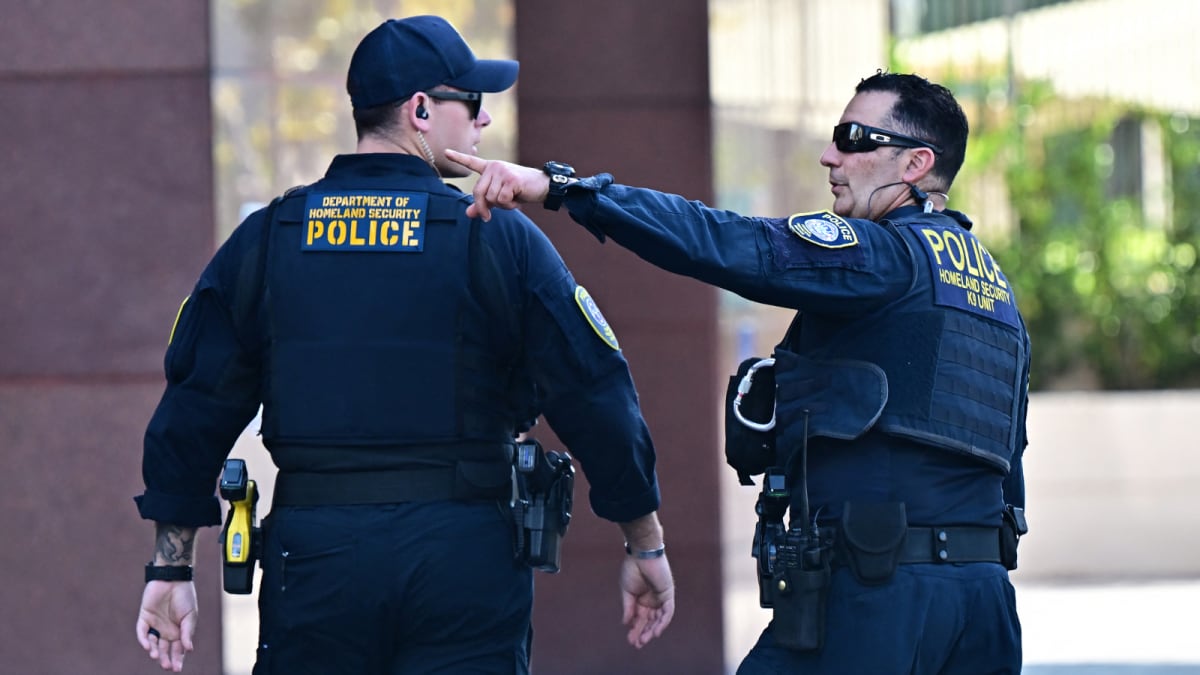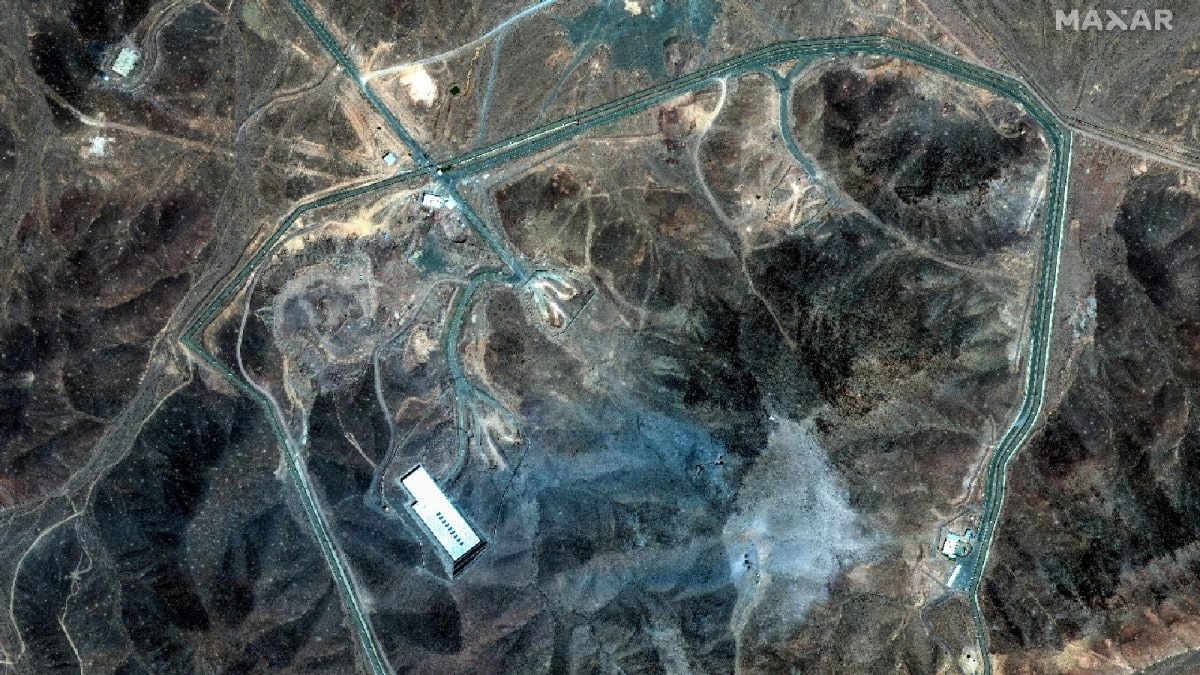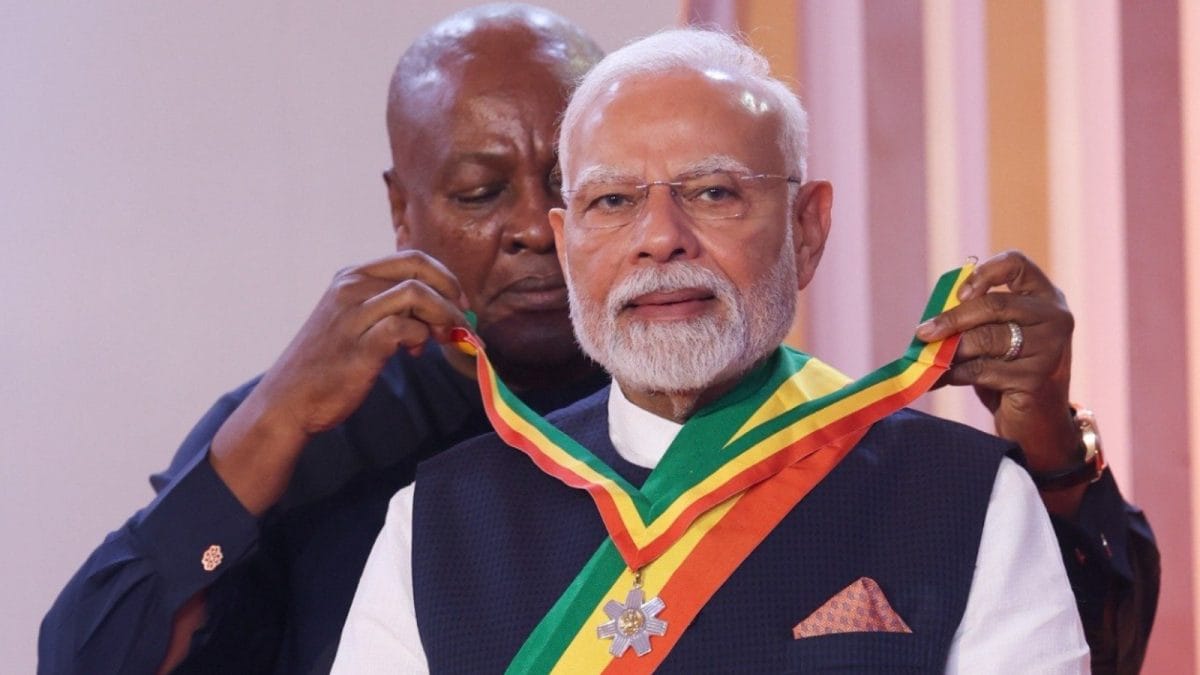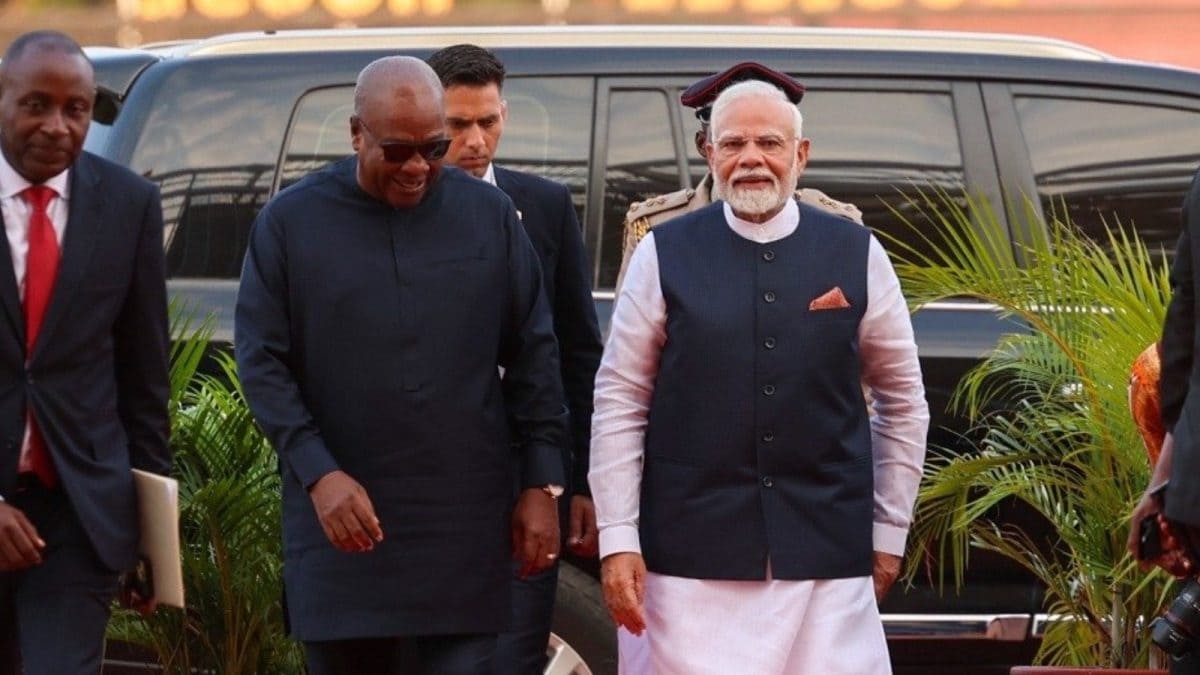Last Updated:July 02, 2025, 18:15 IST
Sheikh Hasina, Bangladesh’s deposed Prime Minister, has been sentenced to six months in jail for contempt of court by the Crimes Tribunal.

Police escort former Bangladeshi Prime Minister and Awami League President Sheikh Hasina (File photo/AP)
Sheikh Hasina, the former Prime Minister of Bangladesh who was ousted in August 2024, was on Wednesday sentenced to six months in prison in a contempt of court case. The verdict was delivered by a three-member bench of the Crimes Tribunal-1 (ICT), led by Chairman Justice Md Golam Mortaza Mozumder.
The sentencing stems from Hasina’s alleged comments deemed to have undermined the dignity and authority of the tribunal, which was originally established by Sheikh Hasina’s government in 2008 to prosecute individuals accused of war crimes during the country’s 1971 Liberation War and later. However, after she fled Dhaka last year following the student uprising, the interim government led by the chief adviser Mohammed Yunus brought multiple amendments to the ICT and also appointed new committees, bench of judges and chief prosecutor.
This sentencing marks the first legal action against the ousted PM of Bangladesh, who is also the chief of the Awami League. On July 1, Sheikh Hasina denied accusations that she committed crimes against humanity, after prosecutors filed five charges against her in connection with abetment, incitement, complicity, facilitation, and conspiracy and failure to prevent mass murder, which amount to crimes against humanity under Bangladeshi law.
‘Kangaroo’ court
The ousted leader’s banned Awami League, in a statement issued in London, called it a “show trial" and said that the accused “categorically denies the charges".
“With selective appointment of partisan and loyal prosecutors and judges and denying legal rights to hundreds of thousands of victims of arbitrary arrests, the regime has totally weaponized the trial process, dismantling fairness and transparency from the judiciary, a further marker that the trial is not intended to deliver justice to those killed and injured during July-August violence. In the pretext of the trial, thousands of false murder cases were filed accusing hundreds of thousands of dissenters and wholesale arrests are ongoing by law enforcement flouting all basic tenets of human rights. The recent ban on Awami League marks another marker of a rigged and motivated trial process. To further influence the trial, a blanket indemnity has been passed by the regime to those who unleashed violence and killed cops to bring Yunus to power instead of initiating a fair investigation," Awami League said in another statement, posted on social media after the sentence was pronounced.
“Imprisoned victims are denied of availing lawyers of their choice in their defence. Before the start of this motivated trial, judges were removed in the face of Yunus-backed mob. Lawyers and imprisoned victims were assaulted with total impunity in courts, all designed to serve vendetta of Yunus. On the other hand, use of the very tribunal that has been where perpetrators of 1971 war crimes were tried and appointment of very lawyers who defended the war criminals as prosecutors brought to light a series of motivated steps to turn the trial into a weapon in Yunus’s state-sponsored arsenal against dissenters including Awami League," the party, now banned by the interim government in Bangladesh, added.
Calling the current form of ICT as a ‘kangaroo court’, Hasina’s party said, “Yunus regime has led to total erosion of public confidence in the judiciary, denied July-August victims of justice and legitimized abuse of judiciary to decimate opposition let alone legitimise and stoke ongoing pogrom including extrajudicial killings of citizens for their affiliation with Awami League- all repressive steps that violates universal code of human rights. While we reiterate our commitment for a fair trial, we repeatedly express no confidence in the current trial process."
Up to 1,400 people were killed between July and August last year, according to the United Nations, when Hasina’s government ordered a crackdown on protesters in a failed bid to cling to power. Hasina fled to India at the culmination of the student-led uprising in August and has defied orders to return to Dhaka, where her trial in absentia opened on June 1. The trial continues.

Madhuparna Das, Associate Editor (policy) at CNN News 18, has been in journalism for nearly 14 years. She has extensively been covering politics, policy, crime and internal security issues. She has covered Naxa...Read More
Madhuparna Das, Associate Editor (policy) at CNN News 18, has been in journalism for nearly 14 years. She has extensively been covering politics, policy, crime and internal security issues. She has covered Naxa...
Read More
News world Sheikh Hasina Gets 6-Month Jail Term, Awami League Decries 'Kangaroo Court' Ruling

 16 hours ago
16 hours ago
